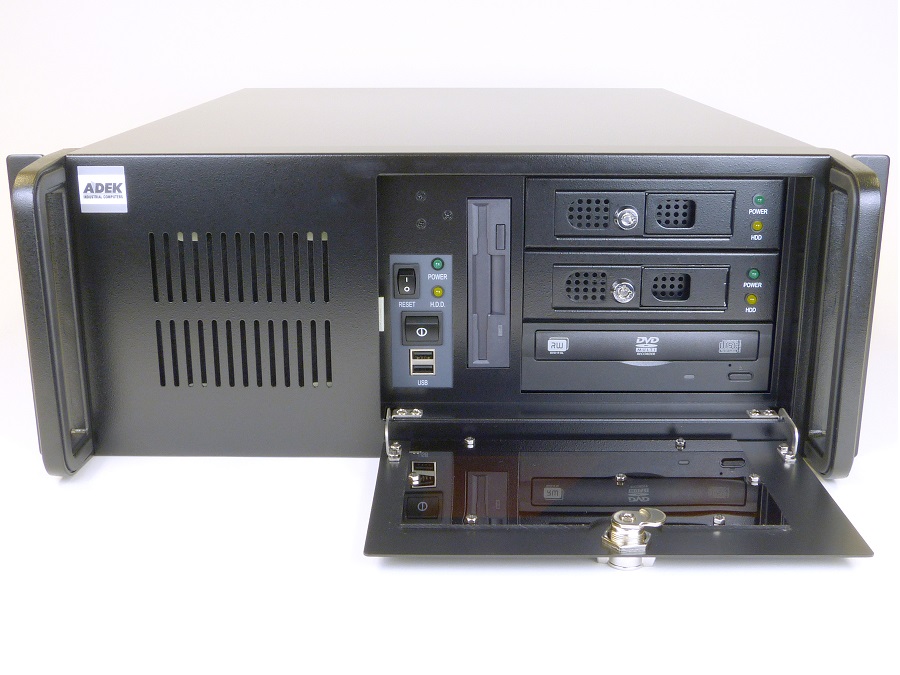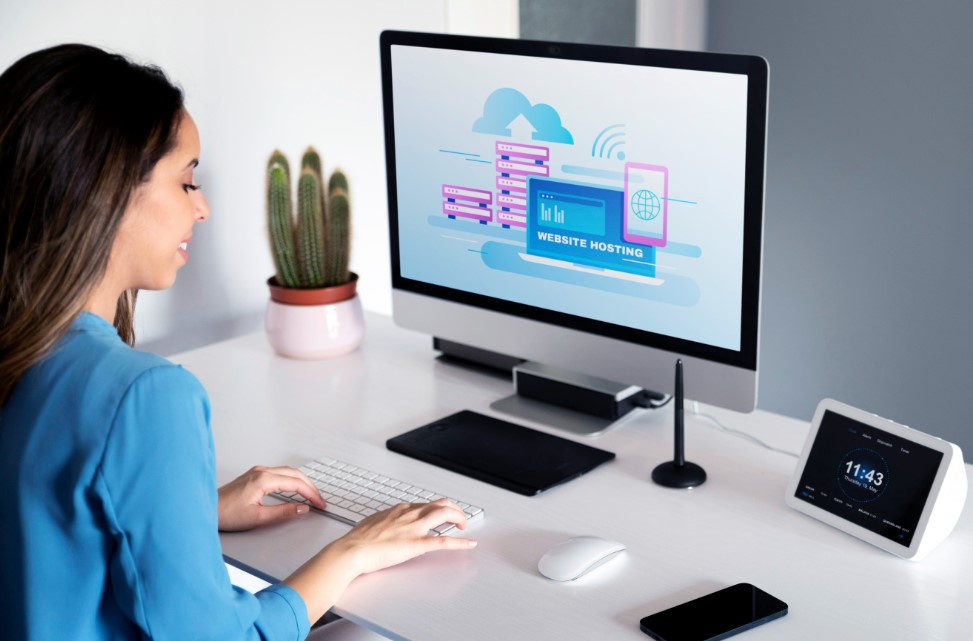Computing is a necessity in manufacturing and industry as well as in the office sector. In addition to the many automated manufacturing processes that have to be controlled by a computer, many applications such as stock control and shipping are now much more efficiently achieved with the help of processors. However, the needs of industry and manufacturing are far different from the needs of an office PC.
Most office hardware performs in optimal conditions: a great air-conditioned suite, free of dust, water, and no risk of bumping or hitting heavy equipment. Unfortunately, the demands of manufacturing and industry are very different.
Many industrial environments are dusty, dirty, and dirty. Often temperatures can exceed recommendations for most computer equipment (especially if the industrial environment has a furnace or freezer where operating conditions can be described as extreme) and forklift and pallet trucks in and out of aisles.
Hence, the requirements for industrial PCs differ greatly from those of an office computer. Industrial computer needs will also vary greatly depending on the industry itself. Computers used in food manufacturing may need to be waterproof and intrinsically sealed to prevent explosions in potentially explosive and dusty environments while also being made of stainless steel or other easy-to-clean material; however computers in heavy industry may also have to protect against dust and dirt, but be able to withstand excessive temperatures, shocks, and vibrations.
High demand for computing in industry. Industrial machines have to overcome many hostile elements while also providing reliable computing. Traditional industrial computers are machine-specific and bespoke. These industrial computers still run older versions of hardware and software. While this has the advantage of making machines stable and reliable, outdated technology may mean machine-controlled processes are not carried out efficiently. These machines are also very expensive and need to be replaced periodically as hardware and software will eventually become obsolete.
A better solution for the diverse and extreme computing demands of the industry is to use a conventional PC but housed in an industrial PC enclosure. It has all the benefits of a traditional industrial computer such as being able to withstand dirt, dust, gas, impact, impact, heat, and cold while having the flexibility of a typical PC. Allows you to select, repair, replace, or upgrade your machine rather than waiting for an engineer. These enclosures are also reusable and will outlast industrial PCs that will eventually fail (as all PCs do). However, the enclosure can be reused long after the original computer has expired.
With the highly varied and extreme demands of industrial computing, industrial PC cases offer flexibility that even conventional industrial computers can fail to match while also offering the same protection and reliability at a fraction of the cost. PC covers are ideal for even the most viable industrial environments and while specialist PCs will always be required for certain tasks, most industrial computer usage can be achieved by using conventional PCs housed in enclosures.






